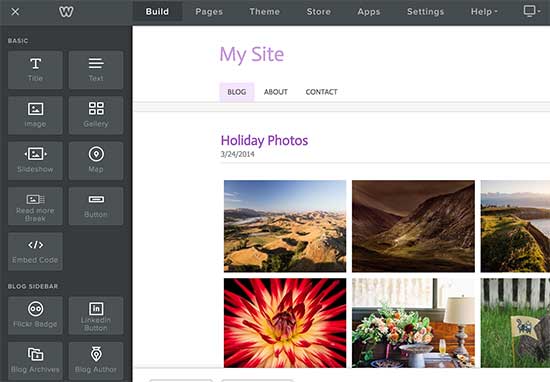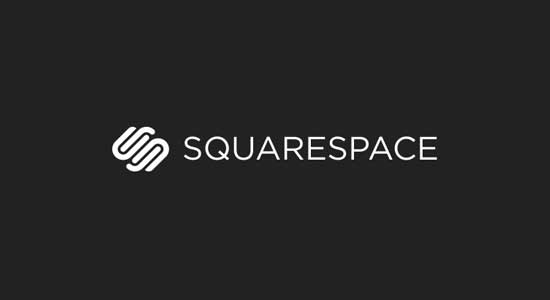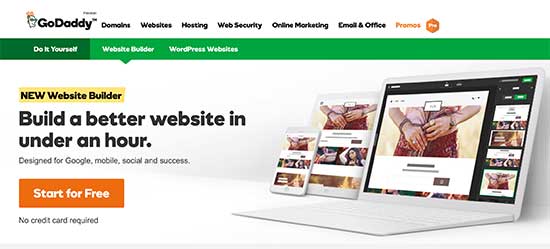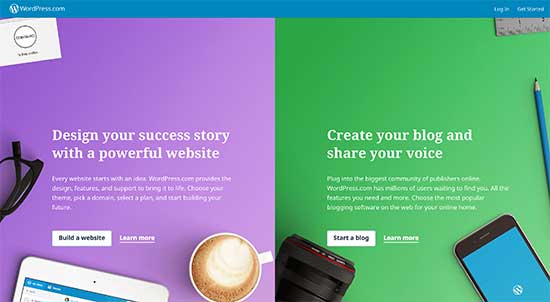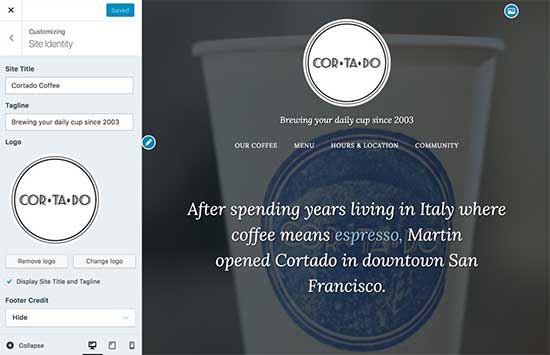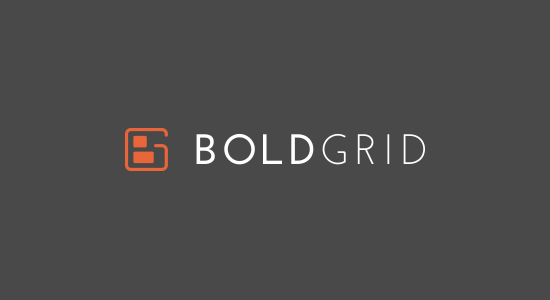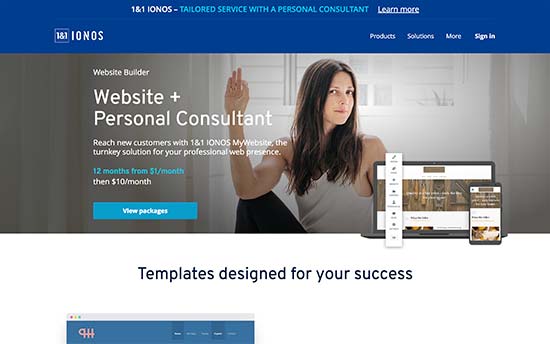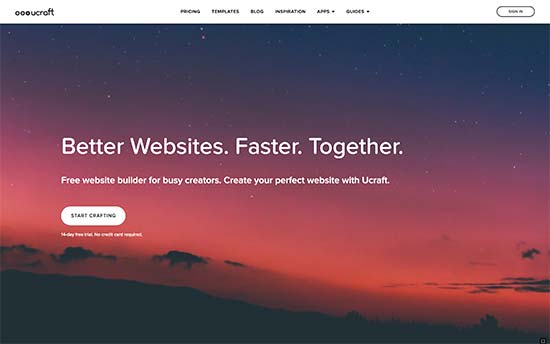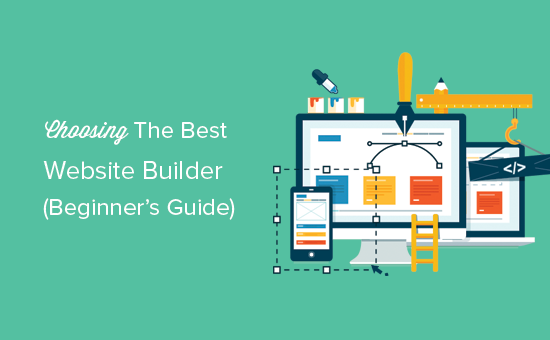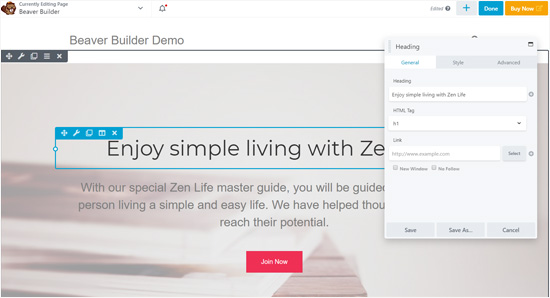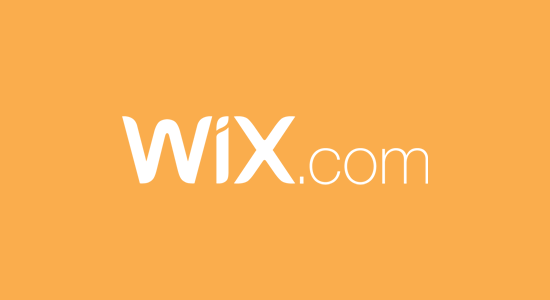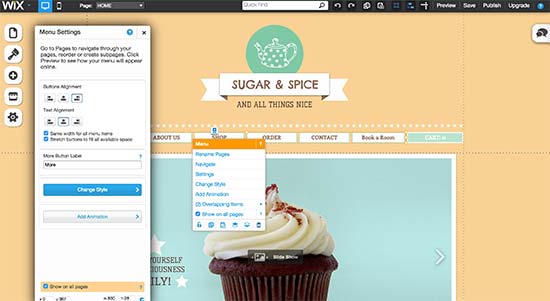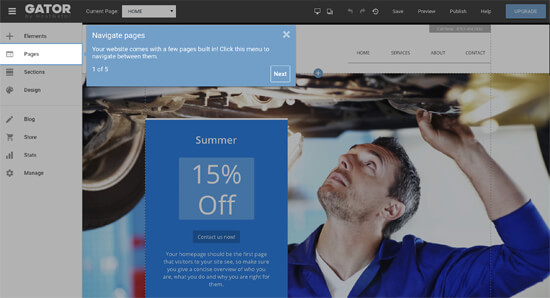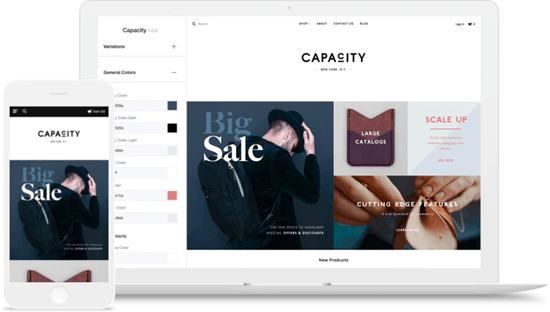sources: BigPay



During Ramadan, Muslims are obligated to fast and abstain from any immoral acts from dawn till sunset. While fasting plays a big part of the month-long festival, Ramadan is more than just Suhoor, Iftar and Tarawih. Rather, it's an important time for thought, action and change for 1.8 billion people around the world.
The holy month teaches Muslims to be pious, disciplined, and how to maintain self-control. Regardless of religion or faith, there are certainly valuable lessons you can learn from Ramadan that will help improve your financial life.
Religious or not, here are 5 vital money lessons you can learn from Ramadan.
1. Reflect on your financial situation
Every Ramadan, Muslims embark on a journey of self-reflection. They reflect on their promises made during the previous one and look at where they are and where they want to be. What’s gone well over the year? And what hasn’t been good?
Just as Muslims globally stop and focus on how they can be a better version of themselves, you should learn to think about your own financial situation too. It's crucial that you regularly reflect on where you are financially and what you've been doing to achieve your goals.
For Muslims and non-Muslims alike, take the time during Ramadan to also renew or set new financial goals. If you’re like the majority of people who've set New Year's resolutions but didn't see it through, it's also time to reflect on the challenges and how you could reinvigorate any lost resolve.
2. Financial discipline is everything
There's much for you to learn about the immense self-discipline Muslims practice during Ramadan by abstaining from drinking, eating and conducting any immoral acts.
If you adopt the same practice in managing your money, you can definitely benefit from controlling your temptations to spend. In the present world of instant gratification, having financial discipline is more relevant than ever.
We live in an increasingly materialistic society where promotions and discounts are in abundance. Even a religious festival like Ramadan is becoming over-commercialised. If you lack poor financial discipline, you'll end up giving in to your urges and spend unnecessarily on things only to regret after you check your money balance.
Instead you should be focused on other priorities such as saving for an emergency, growing your wealth or purchasing your first house. Similar to the act of fasting, sticking to a budget and saving money doesn't have to feel restricting.
In contrary, it should be liberating; by managing your money well, you can achieve financial freedom. Therefore, having financial discipline will give you clarity on what's important to you so you don't lose track of your financial goals.
This is not to say that you shouldn’t spend on anything at all. It’s okay to treat yourself every now and then. But the takeaway from this is that moderation is key and Ramadan is not the time to go broke.
3. Don't let financial setbacks hold you back
During the holy month, Muslims learn not to give in to hunger and push through the day for the promise of great spiritual reward. From a financial outlook, there's an important lessons for us to learn about this Muslim practice.
Everyone has money problems, period. The reality is that half of the households in Malaysia do not have saving, 47% of Malaysian youths have high credit card debts and the bankruptcy rate has been increasing over the years. 65,000 Malaysians have been declared bankrupt since 2013. And the list of problems goes on...
Acknowledging that your problems are temporary and solvable is the key to bouncing back from a financial setback. With a proper solid plan and the strength to see it through, your money problems will slowly chip away. All you need is a good solid plan and the strength to see it through. This is what is known as financial perseverance - it's the ability to withstand and adapt to hard times.
Financial perseverance and discipline go hand-in-hand. While being discipline can help you stick to your spending and savings plan, it is being persevere that can get you through toughest moments of your financial life. Having both of these qualities are a recipe for financial success.
4. Cleanse yourself of bad financial habits
You might be guilty of the occasional treat yourself day but that's okay. The problem comes when you make a habit of it and soon find yourself difficult to rid yourself of it. Just as Ramadan is a month long detox for the body and mind, you should also look at strive to clean yourself of bad financial habits to keep your finances in shape.
The first step in doing better is to be honest and acknowledge that you've bad habits that you need to break. Pause and recognise that this behaviour needs to change. Overcome and don't let your inner saboteur hold you back.
Stop giving excuses like "If I had more money, I would manage it better" or "I don't have enough money to save and invest". These excuses are actually hurting your own chances for achieving financial freedom.
5. No one has ever become poor by giving
Charity is a core part of Islam and the holy month of Ramadan. Muslims engage in charitable work and donate a percentage of their income to aid. Ramadan teaches everyone to be humble and compassionate to those less fortunate. By participating in charity, we become more appreciative of what we have and understand that money can be a force for good if we utilise it wisely.
You don’t have to be a Muslim to be charitable. Whether you're generous or not, know that only good things can ever come from giving money. No one has ever become poor by giving. Instead, research shows that giving makes you happier. So be generous, share your wealth, there's more than enough to go around.
Technology has made it so much easier and accessible for us to do good. If you feel generous, check out the Share The Meal app by the United Nations World Food Programme. With a tap on your phone, you can "share the meal" with a child in need. It only costs USD 0.50 or approximately RM2.09 (as of 15 May 2019) to feed one child for a day.
Have we missed any other money lessons? Share your thoughts below...
The holy month teaches Muslims to be pious, disciplined, and how to maintain self-control. Regardless of religion or faith, there are certainly valuable lessons you can learn from Ramadan that will help improve your financial life.
Religious or not, here are 5 vital money lessons you can learn from Ramadan.
1. Reflect on your financial situation
Every Ramadan, Muslims embark on a journey of self-reflection. They reflect on their promises made during the previous one and look at where they are and where they want to be. What’s gone well over the year? And what hasn’t been good?
Just as Muslims globally stop and focus on how they can be a better version of themselves, you should learn to think about your own financial situation too. It's crucial that you regularly reflect on where you are financially and what you've been doing to achieve your goals.
For Muslims and non-Muslims alike, take the time during Ramadan to also renew or set new financial goals. If you’re like the majority of people who've set New Year's resolutions but didn't see it through, it's also time to reflect on the challenges and how you could reinvigorate any lost resolve.
2. Financial discipline is everything
There's much for you to learn about the immense self-discipline Muslims practice during Ramadan by abstaining from drinking, eating and conducting any immoral acts.
If you adopt the same practice in managing your money, you can definitely benefit from controlling your temptations to spend. In the present world of instant gratification, having financial discipline is more relevant than ever.
We live in an increasingly materialistic society where promotions and discounts are in abundance. Even a religious festival like Ramadan is becoming over-commercialised. If you lack poor financial discipline, you'll end up giving in to your urges and spend unnecessarily on things only to regret after you check your money balance.
Instead you should be focused on other priorities such as saving for an emergency, growing your wealth or purchasing your first house. Similar to the act of fasting, sticking to a budget and saving money doesn't have to feel restricting.
In contrary, it should be liberating; by managing your money well, you can achieve financial freedom. Therefore, having financial discipline will give you clarity on what's important to you so you don't lose track of your financial goals.
This is not to say that you shouldn’t spend on anything at all. It’s okay to treat yourself every now and then. But the takeaway from this is that moderation is key and Ramadan is not the time to go broke.
3. Don't let financial setbacks hold you back
During the holy month, Muslims learn not to give in to hunger and push through the day for the promise of great spiritual reward. From a financial outlook, there's an important lessons for us to learn about this Muslim practice.
Everyone has money problems, period. The reality is that half of the households in Malaysia do not have saving, 47% of Malaysian youths have high credit card debts and the bankruptcy rate has been increasing over the years. 65,000 Malaysians have been declared bankrupt since 2013. And the list of problems goes on...
Acknowledging that your problems are temporary and solvable is the key to bouncing back from a financial setback. With a proper solid plan and the strength to see it through, your money problems will slowly chip away. All you need is a good solid plan and the strength to see it through. This is what is known as financial perseverance - it's the ability to withstand and adapt to hard times.
Financial perseverance and discipline go hand-in-hand. While being discipline can help you stick to your spending and savings plan, it is being persevere that can get you through toughest moments of your financial life. Having both of these qualities are a recipe for financial success.
4. Cleanse yourself of bad financial habits
You might be guilty of the occasional treat yourself day but that's okay. The problem comes when you make a habit of it and soon find yourself difficult to rid yourself of it. Just as Ramadan is a month long detox for the body and mind, you should also look at strive to clean yourself of bad financial habits to keep your finances in shape.
The first step in doing better is to be honest and acknowledge that you've bad habits that you need to break. Pause and recognise that this behaviour needs to change. Overcome and don't let your inner saboteur hold you back.
Stop giving excuses like "If I had more money, I would manage it better" or "I don't have enough money to save and invest". These excuses are actually hurting your own chances for achieving financial freedom.
5. No one has ever become poor by giving
Charity is a core part of Islam and the holy month of Ramadan. Muslims engage in charitable work and donate a percentage of their income to aid. Ramadan teaches everyone to be humble and compassionate to those less fortunate. By participating in charity, we become more appreciative of what we have and understand that money can be a force for good if we utilise it wisely.
You don’t have to be a Muslim to be charitable. Whether you're generous or not, know that only good things can ever come from giving money. No one has ever become poor by giving. Instead, research shows that giving makes you happier. So be generous, share your wealth, there's more than enough to go around.
Technology has made it so much easier and accessible for us to do good. If you feel generous, check out the Share The Meal app by the United Nations World Food Programme. With a tap on your phone, you can "share the meal" with a child in need. It only costs USD 0.50 or approximately RM2.09 (as of 15 May 2019) to feed one child for a day.
Have we missed any other money lessons? Share your thoughts below...


